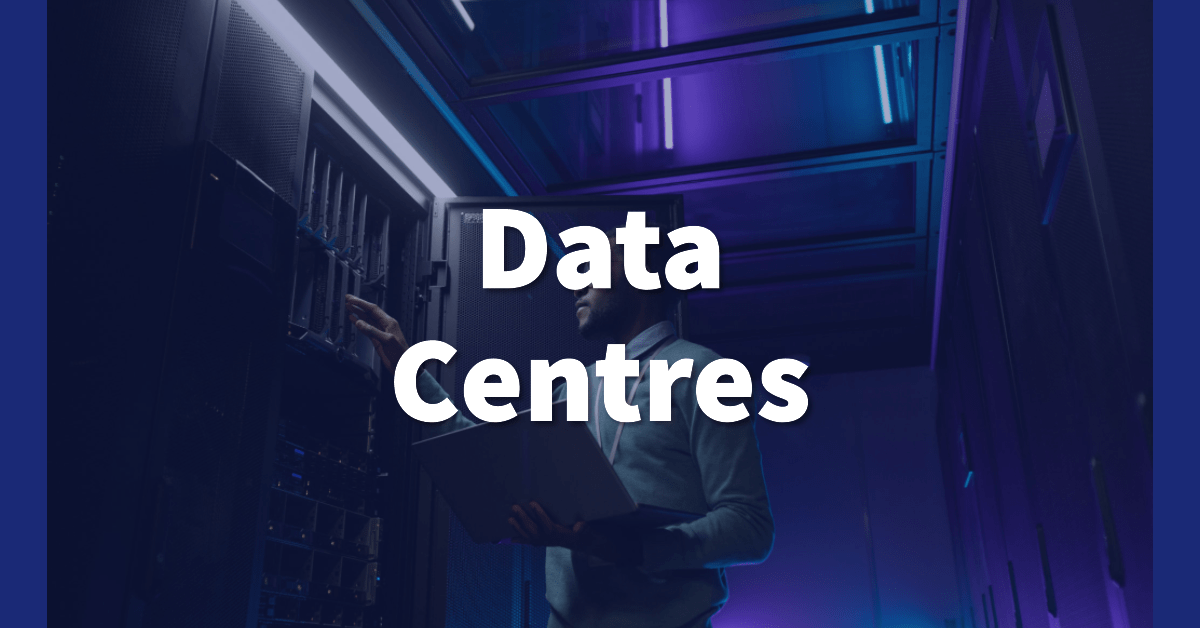Frequently Asked Questions
Data Centres Hosting Our Private Cloud
Included in your subscription, Kwik Backup offers the advantage of backup storage in secure data centres that host our reliable global private cloud. Providing accessibility and availability worldwide.
In how many locations is Kwik Backup’s backup storage available?
Kwik Backup currently stores data in centres across 17 countries and 5 continents. The United States alone has 6 locations, with many other countries having multiple storage locations.
What certifications do Kwik Backup’s data centers have?
Kwik Backup’s data centers are certified with ISO 27001, ISO 9001, and various other certifications based on the specific data center you choose. The French data center also meets the compliance requirements of the French Ministry of Health’s Shared Healthcare Information Systems Agency (ASIP) through a Health Data Agreement (HDA).
How is data encryption implemented by Kwik Backup?
Kwik Backup employs AES 256-bit encryption for data encryption. The backups are first encrypted on-site and then transmitted over one-way TLS 1.2 connections to the cloud where they are stored in encrypted form. The backup data is decrypted only during the recovery process at the business site. Users can generate their own private key or have one generated automatically during deployment.
Where will my backups be stored?
When a new customer is set up, the location country is automatically assigned, and if a data center exists in that country, the data is sent there. If there is no data center in the customer’s country, the data is sent to the location mapped to that country. The default mapping is based on proximity and regional entities, but the customer can indicate their preference for a different location at the time of setup.
How does Kwik Backup ensure physical security and power continuity in their data centers?
Kwik Backup is partnered with leading data centre providers who offer 24/7/365 security. Included is biometric hand geometry readers for every door and server cage, CCTV digital cameras covering the entire data centre, and backup power systems, including uninterruptible power supplies and diesel generators. The data centres also have multizone fire protection systems and Very Early Smoke Detection and Alarm (VESDA) systems.
